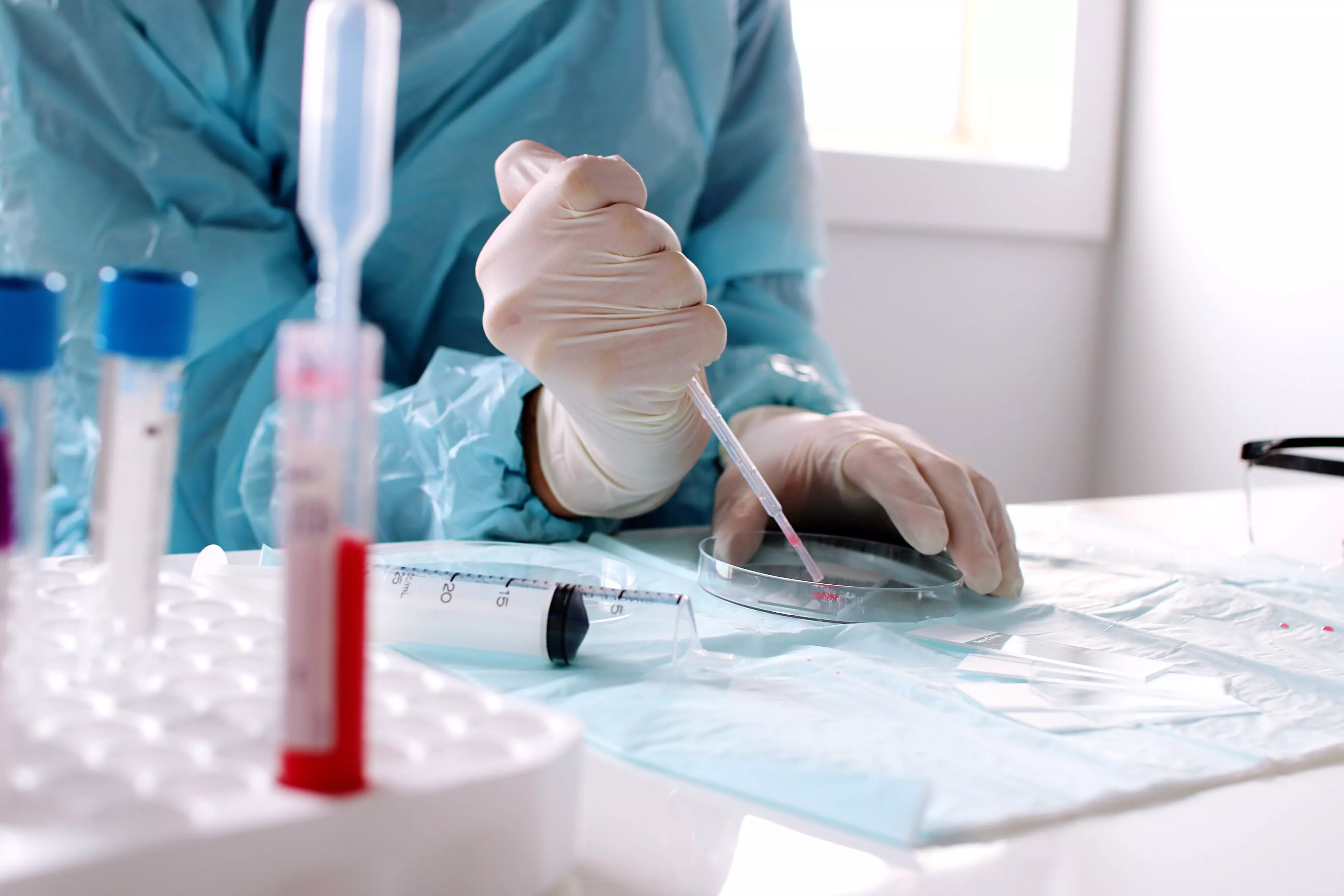How to monitor renal function in people on long-term drug therapy
Introduction
Long-term drug therapy is often necessary to treat various conditions. However, taking medications for long periods of time can affect kidney function and requires additional monitoring. In this article, we will discuss how to properly monitor kidney function in people taking long-term drug therapy.
Causes of kidney problems
Long-term use of certain drugs can lead to serious kidney problems. For example, some painkillers, such as non-steroidal anti-inflammatory drugs (NSAIDs) or chemotherapy drugs, can cause kidney damage. In addition, some diseases, such as diabetes or hypertension, can themselves negatively affect kidney function.
Laboratory tests
To monitor kidney function, your doctor may order various laboratory tests. One of the most important parameters is the concentration of creatinine in the blood. Creatinine is a waste product of muscle metabolism that is removed by the kidneys. Values above normal can indicate a problem with kidney function.
Another important indicator is creatinine clearance, which is calculated by measuring serum creatinine, the amount of diuresis and the concentration of creatinine in the urine. Creatinine clearance allows assessment of the degree of glomerular filtration of the kidneys.
Imaging studies
In certain cases, your doctor may order imaging tests of the kidneys, such as computed tomography (CT) or magnetic resonance imaging (MRI). These tests allow assessment of the structure of the kidneys and detection of possible pathological changes.
Modification of therapy
If tests show problems with kidney function, it may be necessary to adjust long-term drug therapy. The doctor may decide to change the dose of the drug or recommend that certain drugs that negatively affect the kidneys be discontinued altogether. It is important that such modification of therapy take place under the close supervision of a specialist.
Prevention of kidney problems
To minimize the risk of kidney problems resulting from long-term drug therapy, it is important to follow several rules. First, always take medications as prescribed by your doctor. It is also important to avoid the use of undesignated medications that can stress the kidneys. It is also important to have regular check-ups to monitor kidney function.
Summary
Long-term drug therapy is unavoidable in many cases, but it can affect kidney function. That's why it's important to monitor these functions in people who take drugs for long periods of time. Laboratory and imaging tests are indispensable for early detection of possible problems and modification of therapy. It is also crucial to follow your doctor's instructions and get regular check-ups to minimize the risk of kidney problems. Remember that the health of our kidneys is extremely important to our overall well-being and quality of life.